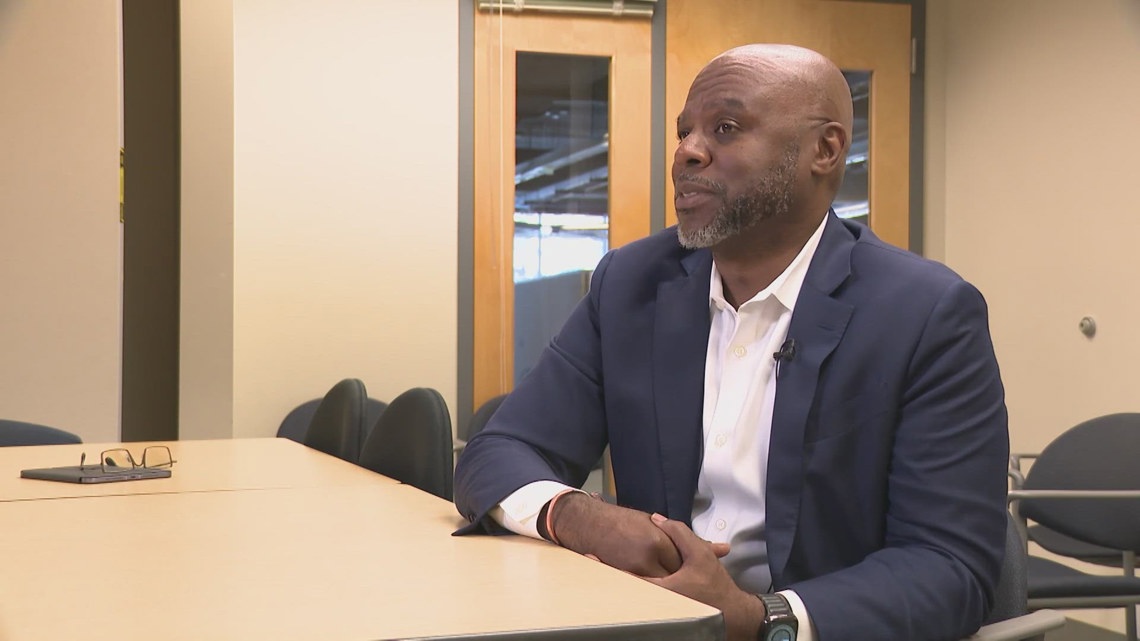Prioritizing Your Well-Being for Self-Care Awareness Month.

The Real Deal on Self-Care: Insights from Dr. Jessica Garrett
In our fast-paced world, the concept of self-care has become a buzzword that seems to pop up everywhere—from glossy magazines to health blogs and social media feeds. With so many interpretations and suggestions on what self-care should look like, it’s easy to feel overwhelmed or even confused about how to truly embody the practice. Recently, Bre Teamer, a wellness enthusiast and advocate for mental health, sat down with Dr. Jessica Garrett, a psychologist from the Birmingham Maple Clinic. Their conversation peeled back the layers on self-care, uncovering its therapeutic benefits and the importance of personalizing what works best for each individual.
Self-care is not just about indulgent spa days, bubble baths, or treating yourself to that fancy coffee (although, let’s be honest, those things can be pretty delightful). Dr. Garrett pointed out that self-care is a multifaceted approach that encompasses physical, mental, and emotional well-being. It’s about making intentional choices that foster a healthier relationship with ourselves and our environment.
Understanding Self-Care: More Than Just a Trend
The media often portrays self-care as a remedy for stress or an escape from our responsibilities. However, Dr. Garrett emphasizes that it goes much deeper than that. “Self-care is a proactive approach to maintaining balance in our lives,” she explained. It involves regularly checking in with ourselves—recognizing when we’re feeling overwhelmed and identifying the root causes of that stress. This can range from setting boundaries with work to dedicating time for hobbies, or even engaging in mindfulness practices.
Many people have preconceived notions about what self-care should look like. Social media undoubtedly plays a part in this, showcasing curated and often unrealistic images of what a “perfect” self-care day entails. Dr. Garrett encourages individuals to carve out their own definitions of self-care based on what genuinely rejuvenates them. “It’s important to personalize self-care practices; what works for one person might not resonate with another,” she noted.
Building a Practical Self-Care Routine
For those looking to integrate self-care into their daily lives but unsure where to start, Dr. Garrett has some easy-to-implement tips. She suggests beginning with small, manageable habits. This may include setting aside just 10 minutes a day to practice deep breathing or engaging in physical activity, such as a walk in nature, which is known to boost mood and reduce stress levels.
Moreover, self-care can also involve food choices, hydration, and sleep hygiene. Ensuring that you’re nourishing your body with healthy foods, drinking enough water, and maintaining a consistent sleep schedule are vital components that sometimes get overlooked. “These foundational aspects often lay the groundwork for emotional resilience,” Dr. Garrett notes.
Another important aspect of self-care includes staying connected with loved ones. Dr. Garrett encourages people to reach out to friends or family when challenges arise. “Human connection is incredibly healing,” she said, pointing to the growing body of research supporting the mental health benefits linked to strong social networks.
The Therapeutic Impact of Self-Care
Ultimately, self-care provides an opportunity for individuals to recharge, reflect, and regroup. According to Dr. Garrett, making time for oneself can lead to improved mental health, reduced anxiety, and increased productivity. When we prioritize our well-being, we are better equipped to tackle life’s challenges and improve our overall quality of life.
As we dive deeper into the nuances of self-care and its transformative potential, it’s clear that it’s not just about fleeting moments of pleasure but rather a continuous commitment to ourselves and our health. Self-care is an essential practice for navigating today’s complexities, allowing us to better engage with our work, relationships, and personal aspirations.
In conclusion, self-care is a journey, not a destination. Dr. Jessica Garrett’s insights serve as a reminder that it’s perfectly okay to prioritize our well-being. Whether it’s a quiet moment with a book, a brisk walk, or a heart-to-heart with a friend, self-care can take many forms—what truly matters is finding what resonates with us individually. As we cultivate our personal self-care practices, we enhance not only our lives but also the lives of those around us. Prioritize yourself; you deserve it.




